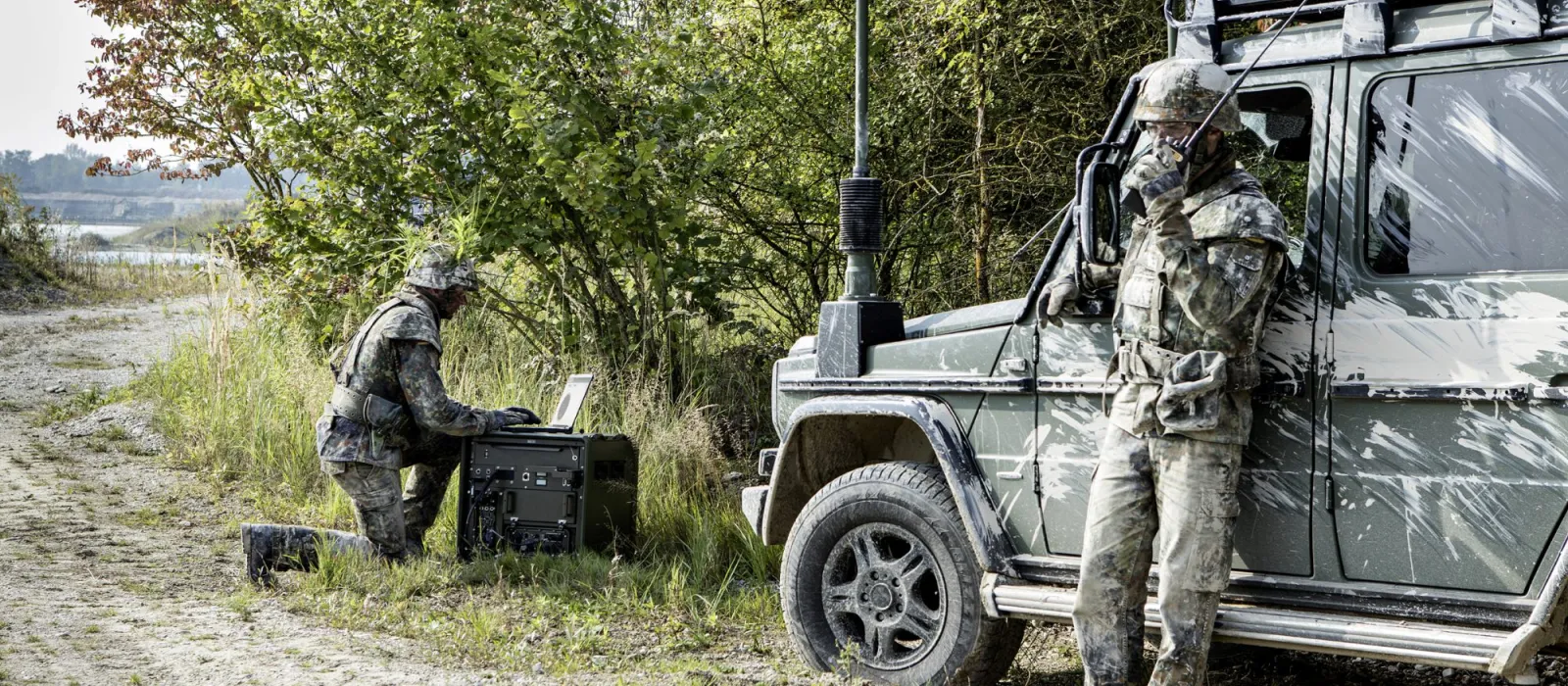ISO 6270 Ice Formation Resistance Testing
The ISO 6270 Ice Formation Resistance Test is a critical procedure used in military testing to evaluate the ice formation resistance of materials and components that are exposed to cold environments. This test ensures that equipment can withstand harsh conditions, thereby enhancing reliability and performance under operational stress.
This testing method is particularly important for military applications where systems may be subjected to freezing temperatures during deployment or operation. The ISO 6270 standard provides a standardized approach to simulating the conditions under which ice formation occurs and assessing how well materials and components can resist these conditions.
The test involves exposing specimens to controlled environments that mimic real-world cold weather scenarios, including temperature fluctuations and humidity levels conducive to ice formation. Specimens are then evaluated based on their ability to withstand the onset of ice and maintain operational integrity.
Key parameters for this testing include:
- Specimen type
- Environmental conditions (temperature, humidity)
- Duration of exposure
- Type of ice formed
The results are crucial for quality managers and compliance officers to ensure that materials and components meet the rigorous standards required by military specifications. This testing is essential in R&D environments where new materials are being developed, as well as during procurement processes to verify the suitability of purchased goods.
| Applied Standards | Details |
|---|---|
| ISO 6270:2013 | This standard provides a comprehensive framework for conducting ice formation resistance tests on materials and components. |
| EN 998-1 | A European equivalent that aligns with ISO standards, ensuring compatibility across different regions. |
The test setup typically involves a controlled environment chamber capable of simulating various cold weather conditions. Specimens are placed in this chamber and subjected to specific temperature and humidity levels designed to promote ice formation. The process is closely monitored, and the specimens are evaluated at regular intervals to assess the onset and progression of ice.
Key acceptance criteria include:
- No significant degradation of material properties
- No functional impairment of components
- Resistance to ice-induced stresses
The results of ISO 6270 Ice Formation Resistance Testing are vital for ensuring that military equipment can operate reliably in cold environments. This testing is essential not only for new product development but also for the continuous improvement and maintenance of existing systems.
Applied Standards
| Standard | Description |
|---|---|
| ISO 6270:2013 | This standard specifies the procedures for testing ice formation resistance on materials and components. |
| EN 998-1 | A European standard that aligns with ISO 6270, ensuring compatibility across different regions. |
The use of these standards ensures consistency and reliability in the testing process. Compliance with ISO 6270 is crucial for materials and components intended for military applications where performance under cold conditions is critical.
Quality and Reliability Assurance
- Consistent Results: The standardized approach provided by ISO 6270 ensures that tests yield consistent results, facilitating effective quality control.
- Regulatory Compliance: By adhering to this standard, manufacturers can ensure compliance with regulatory requirements and industry standards.
The rigorous testing process helps in identifying potential weaknesses in materials and components early in the development cycle. This allows for timely corrective actions and enhances overall product reliability.
In addition to ensuring consistent results and regulatory compliance, ISO 6270 Ice Formation Resistance Testing also plays a vital role in enhancing the durability of military equipment. By evaluating how well materials resist ice formation, this testing helps prevent failures that could compromise mission success or put personnel at risk.
Customer Impact and Satisfaction
- Enhanced Reliability: Products tested according to ISO 6270 standards are more likely to perform reliably in cold environments, leading to higher customer satisfaction.
- Increased Confidence: Compliance with this standard builds trust between manufacturers and their customers, ensuring that products meet the highest quality expectations.
The results of ISO 6270 Ice Formation Resistance Testing are essential for both military and civilian applications. In military contexts, where equipment must operate in extreme conditions, these tests are critical for ensuring mission success and personnel safety. For civilians, these tests ensure that products can withstand harsh weather conditions, enhancing their longevity and performance.
In summary, ISO 6270 Ice Formation Resistance Testing is a vital component of quality management and reliability assurance processes. It ensures that materials and components can perform reliably under cold conditions, thereby contributing to overall customer satisfaction and trust in the tested products.





